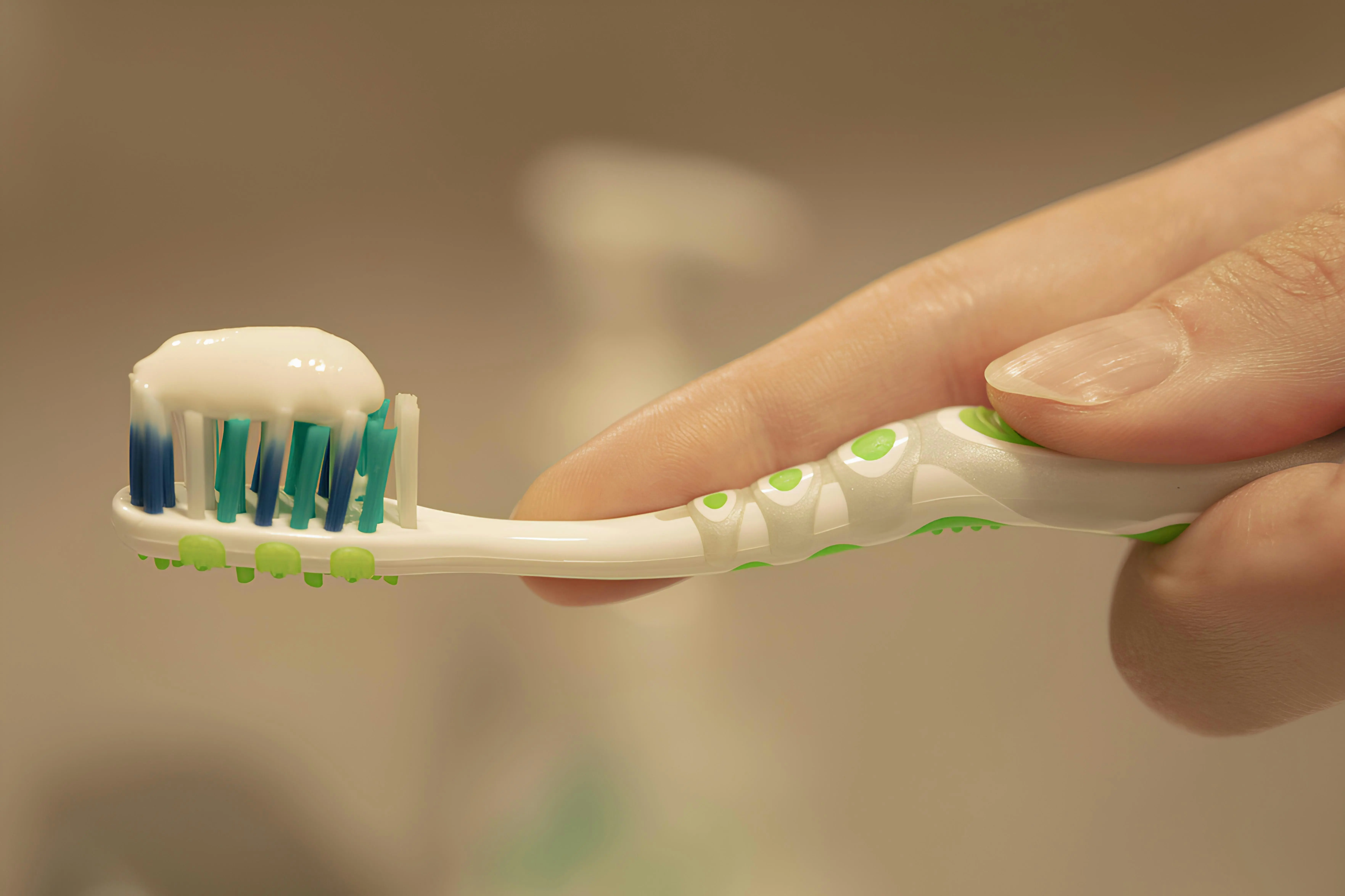Keratin: The Surprising Hero In Tooth Enamel Repair

King’s College London scientists have made a breakthrough in dental health by uncovering the potential of keratin to regenerate tooth enamel. Keratin, a protein typically found in hair, skin, and wool, has shown promise in not just halting tooth decay but also in actively repairing enamel, according to recent research.
Tooth enamel, unlike bones or hair, cannot regenerate once lost. Factors like acidic diets, poor oral hygiene, and aging contribute to its erosion, resulting in sensitivity, pain, and eventual tooth loss. Traditionally, fluoride toothpaste has been the go-to solution for slowing down this process. However, keratin-based treatments have been found to completely arrest enamel erosion.
The scientists published their findings in Advanced Healthcare Materials, highlighting how keratin creates a protective coating when it interacts with minerals in saliva. This coating mimics the natural structure and function of enamel, forming a dense mineral layer that shields teeth and alleviates sensitivity.
Potential applications for this breakthrough include daily-use toothpaste or a professional gel treatment, akin to nail varnish, for targeted repair. The team is optimistic about bringing keratin-based treatments to the public within the next few years.
During the study, researchers extracted keratin from wool and applied it to tooth surfaces. Upon contact with saliva's natural minerals, keratin formed a crystal-like scaffold, attracting calcium and phosphate ions over time. This led to the growth of an enamel-like coating, a significant advancement in regenerative dentistry.
This discovery offers a promising new direction for dental care, potentially transforming how we approach tooth enamel repair and protection in the future.